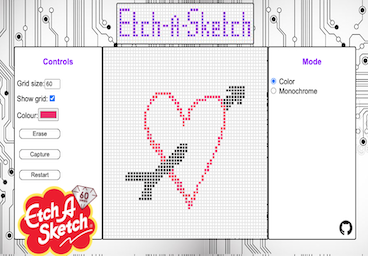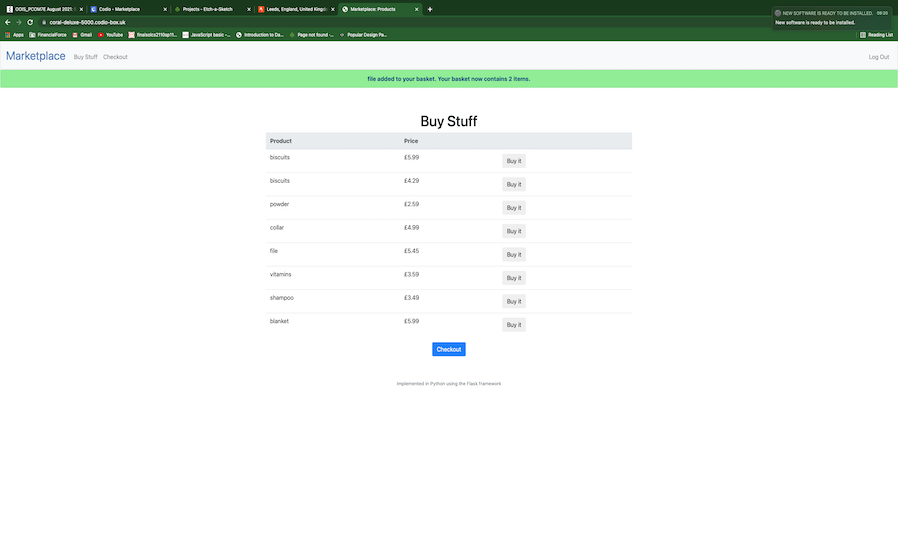Introduction
Before the module began, I felt like I had a good grasp of what it might contain as I previously completed an MA. I was looking forward to discovering the differences between a ‘standard’ research project and a project in the field of computer science. I was particularly interested in the insight that this module would provide on the format o f my dissertation project. The module was split into four distinct parts (for me at least).
Part 1 - Ethics
The first focussed on ethics in research. There were some stimulating discussions in the
forums about the case studies that we evaluated and summarised, and I felt positive about
moving forwards into the module.
One major disappointment was that I learned the fortnightly seminars were to be held at
9am on Wednesdays. This made it impossible for me to attend due to work commitments, and
effectively turned the module into a completely online experience. In previous modules,
I have always been a regular attendee at seminars, only missing one seminar from the
previous five modules combined. I always found them a great way to build relationships
with the tutor and other students on the course - online forum posts are no replacement
for live synchronous chat.
When I first heard about the schedule, I felt quite annoyed to be honest. I soon realised
that there are participants from all over the world, in various time zones, and in
previous modules, when I considered the seminars to be at convenient times, there were
always some who had unsuitable schedules. I felt a bit selfish that I had initially jumped
to conclusions, and resolved to suck it up and watch the recordings ensuring I was not
missing important content.
Part 2 - Literature Review and Research Methods
The first focussed on ethics in research. There were some stimulating discussions in
the forums about the case studies that we evaluated and summarised, and I felt positive
about moving forwards into the module.
One major disappointment was that I learned the fortnightly seminars were to be held at
9am on Wednesdays. This made it impossible for me to attend due to work commitments,
and effectively turned the module into a completely online experience. In previous
modules, I have always been a regular attendee at seminars, only missing one seminar
from the previous five modules combined. I always found them a great way to build
relationships with the tutor and other students on the course - online forum posts
are no replacement for live synchronous chat.
When I first heard about the schedule, I felt quite annoyed to be honest. I soon realised
that there are participants from all over the world, in various time zones, and in
previous modules, when I considered the seminars to be at convenient times, there
were always some who had unsuitable schedules. I felt a bit selfish that I had initially
jumped to conclusions, and resolved to suck it up and watch the recordings ensuring
I was not missing important content.
Part 3 - Statistics
The practical statistics exercises were challenging, but I enjoyed doing them. I like
maths. Once again, however, I found it difficult to see how this would be relevant
to my own dissertation.
I did the work that was required, but honestly felt like I was just ticking some boxes.
The fact that I had not really communicated with anybody else on the module, was by now,
also beginning to demotivate me. I procrastinated a lot - leaving some of the formative
assignments till the end of the module.
This is not a good way to work. I will really need to be more dedicated in completing
the tasks during my dissertation module. I will be working alone. Some of the work will
be less interesting than other parts, and I will need to ensure I do not start procrastinating and
neglecting or postponing tasks. I plan to do this by creating a timeline for the dissertation
in JIRA. I will have work separated out over each of the 30 weeks of the project and
a strict time limit for each section’s completion. I use JIRA at work, and find it a
great tool for dividing work into smaller pieces and tracking the progress on each of
the tasks. The fact that I am familiar with the tool, and log in every day as part
of my job should contribute to a successful project.
Part 4 - Research Proposal
The second assignment required us to produce a proposal for a research project. This
is good practice for my upcoming dissertation. I did a fair amount of reading into
how to write a research proposal, and decided to stick to the same area I had studied
for the literature review.
The fact that the proposal was to be submitted as a recorded presentation meant that
I was a little unsure of the formality required. Of course, a written research proposal
should be written in formal academic English, but I believed that an oral presentation
of the proposal surely should be less formal, and consist of more than just reading
my proposal over a couple of slides. This was an error on my part. In future, when I
am unsure about something or I think something is unclear, I need to be proactive in
seeking clarification. It is my responsibility to ensure that I know what is expected,
and this is definitely something I will bear in mind when writing my dissertation.
Conclusion
I learned some good practical skills in this module, particularly how to structure and write a literature review, how to formulate a research question, and how to present a research proposal.

